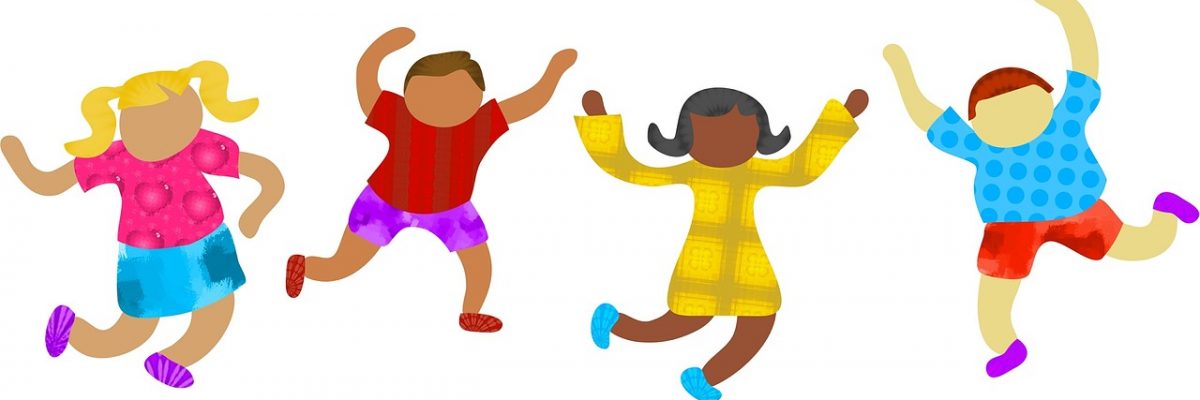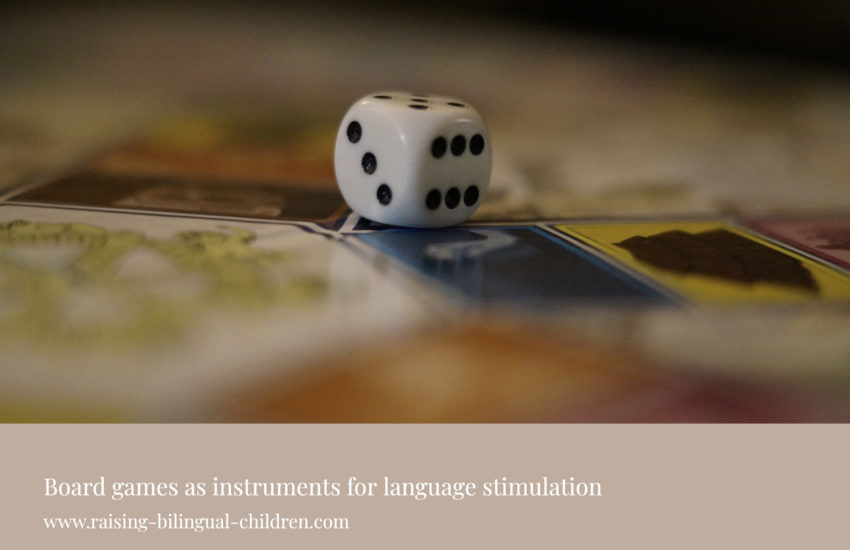Who does not remember hours of fun playing a game of chess, Monopoly, cards or checkers with friends or family. Who remembers the excitement of winning, the frustration of losing, the laughter and the good times… Sure enough, playing games is fun and it makes us happy!
Board games are as old as man himself. The first board games date back to 3,000 BC. and there is evidence that in different ancient cultures (Egyptian, Mayan, Greek, Persian, Roman and more…) board games were played. Board games have evolved over time, but they have remained a constant that accompanies the human being. And it is certain that board games offer much more than just fun.
Board games can help, among other things, to develop many of our talents: they help us to improve concentration, attention, creative capacity, strategic thinking, memory, logical thinking, mental calculation, reading, cooperation or teamwork. They teach us humbleness in losing and the joy of winning.
That is why board games are excellent allies when it comes to stimulating the learning of one or more languages. But how to choose the right game for our children? Here there are two factors to consider: first of all, the phase of language development the child is in (often parallel to age), and secondly, the child’s tastes.
The board game market
There are many board games available. Experts distinguish between different categories such as: Action and dexterity, mind and puzzle games, party, learning, role play, knowledge and quizzes, strategy, detective games or word games. The market is large, there are well-known firms such as Mattel, Hasbro, Ravensburg, Cosmo etc… that regularly release new games that can be purchased in local stores or online stores. There are also small companies that, thanks to platforms such as Kickstarter, can successfully enter this market.
On a platform like Kickstarter there is the possibility to support game developers financially. These developers present their game idea and state how much money they need to produce the game. If a game finds enough supporters willing to back it financially, then it goes into production – and the supporters mostly get a game in return for their financial commitment – so it’s like pre-funding the game. For example, a great game currently on Kickstarter is STONELIGHT, the crazy magic tournament:
“Stonelight is fast, interactive, and entertaining. Everyone plays simultaneously, which brings about amusing and unpredictable interactions in every game.” More here.
Some board games are available in different languages. There are really only a few truly bilingual games on the market. Games like BINGO, Memory, Dominoes with little text can be played bilingually. Another option is to buy games in two different languages and mix the cards to have a choice of both languages. Written elements of the game can also be translated from one language to another while playing the game.
Selection of games considering the stage of language development and age
Here you will find a couple of table game recommendations, for different ages, accompanied by a couple of extra tips, in order to maximize the educational capacity of these games. (Where we have been able we have included links to Amazon, where you can buy the games if you wish. In this way you can help maintain this page)
Games for children 0-3 years
At this stage, children have a poor ability to concentrate and language development is limited. The first board games are aimed at developing concentration, fine motor skills, learning simple words and understanding the basic rules of playing (you play in turns, sometimes you win, sometimes you lose).
Games for 3-6 year olds
At this stage, children can concentrate a little more and oral language becomes more complex. It is an excellent age for games that promote concentration and oral language. As well as to start game rituals, such as a day X is a day to play board games! When we visit our grandparents we play the game Y! Games to learn words, sentences and numbers can be introduced at this stage.

Games for children 6-9 years
At this stage, children are able to play with other children alone without the company of adults. It is also a fun time to play with the family. There are many games on the market for this age and children are beginning to show their preferences for certain types of games. It is a perfect stage to learn while playing! Games that stimulate reading, grammar and written language are an advantage for language development at this stage.
Games for children from 9 years
At this stage, children have developed their tastes and preferences for certain games and enjoy playing regularly with family and friends. Advances in language skills and concentration allow children to discover more complex and longer-lasting games, such as role-playing games or escape games.
Board games are excellent allies when it comes to stimulating language
Board games are excellent allies when it comes to stimulating the language of our children, they ensure hours of fun and motivation to continue developing languages.
However, it is important as a parent not to forget:
- introducing new stimuli, rotating existing games at home, and offering new options as our children grow. It is not always necessary to buy new games. one can exchange games with friends. In countries like Germany, games can be borrowed from local public libraries. You can also get used games in good condition at second-hand markets.
- let our children choose what they want to play. Every child is different and has different interests and qualities. It is important to pay attention and offer alternatives that interest children and that favor the development of our children’s talents.
- see playtime as a way to indirectly educate: we can let our children explain how the game works, let them read the instructions in case of doubts, or let them create variations to the games. Conversing and asking various questions while playing games, making jokes, also stimulates language development.
- do not forget that the ultimate goal of playing is to have fun and have a good time. The best educational game is useless if our children have no interest in playing it.




































